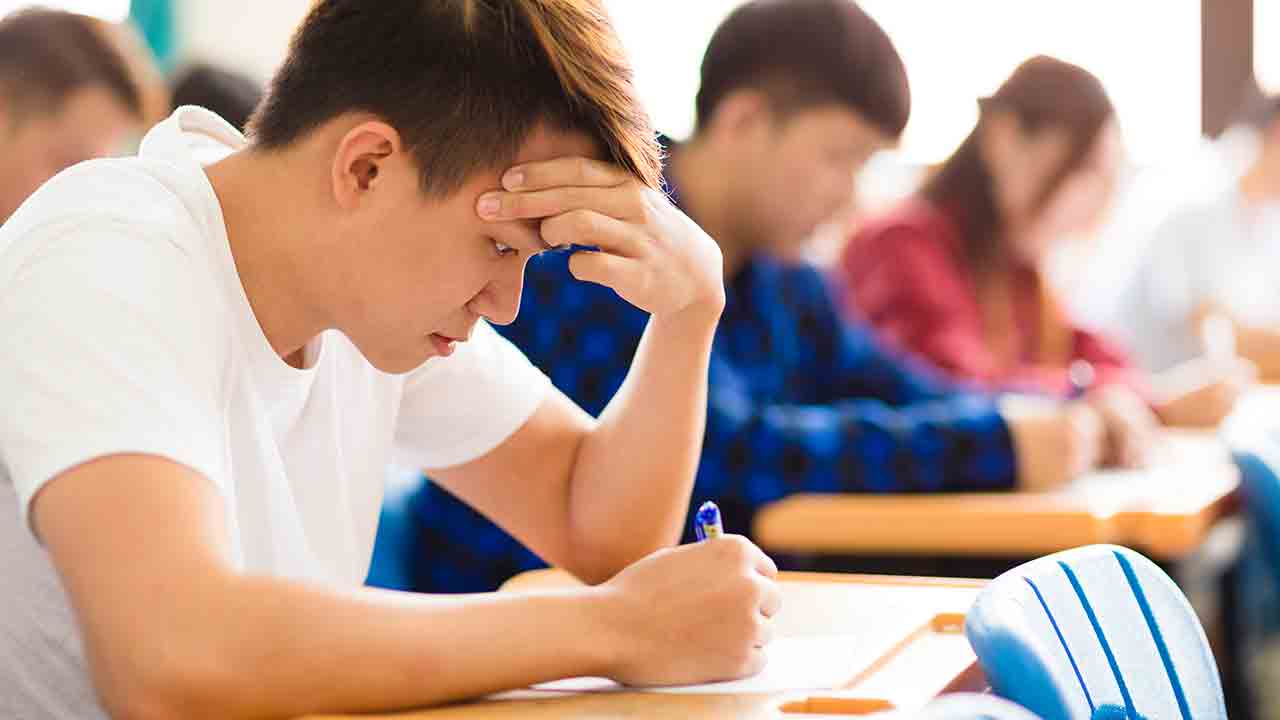- Doctors & Departments
-
Conditions & Advice
- Overview
- Conditions and Symptoms
- Symptom Checker
- Parent Resources
- The Connection Journey
- Calm A Crying Baby
- Sports Articles
- Dosage Tables
- Baby Guide
-
Your Visit
- Overview
- Prepare for Your Visit
- Your Overnight Stay
- Send a Cheer Card
- Family and Patient Resources
- Patient Cost Estimate
- Insurance and Financial Resources
- Online Bill Pay
- Medical Records
- Policies and Procedures
- We Ask Because We Care
Click to find the locations nearest youFind locations by region
See all locations -
Community
- Overview
- Addressing the Youth Mental Health Crisis
- Calendar of Events
- Child Health Advocacy
- Community Health
- Community Partners
- Corporate Relations
- Global Health
- Patient Advocacy
- Patient Stories
- Pediatric Affiliations
- Support Children’s Colorado
- Specialty Outreach Clinics
Your Support Matters
Upcoming Events
Mental Health Town Hall
Tuesday, April 23, 2024Join Children’s Hospital Colorado pediatric experts for a virtual...
-
Research & Innovation
- Overview
- Pediatric Clinical Trials
- Q: Pediatric Health Advances
- Discoveries and Milestones
- Training and Internships
- Academic Affiliation
- Investigator Resources
- Funding Opportunities
- Center For Innovation
- Support Our Research
- Research Areas

It starts with a Q:
For the latest cutting-edge research, innovative collaborations and remarkable discoveries in child health, read stories from across all our areas of study in Q: Advances and Answers in Pediatric Health.


Post-Concussive Syndrome: The Big Picture Behind the Symptoms

Despite parents' best efforts, accidents happen. In fact, a recent study estimated as many as 2 million kids in the U.S. get concussions every year. Head injuries can happen at any age, to athletes and non-athletes alike, during sports or unstructured play, with helmets or without. And kids don't need to get knocked out to have them: Less than 10% of concussions involve loss of consciousness.
Also known as "mild traumatic brain injuries," concussions disrupt how the brain normally works, which can lead to a variety of symptoms — physical, emotional and cognitive.
Headaches, nausea, dizziness and sleep disruptions are common. Kids may feel like their thinking is slower. They may have a harder time paying attention at school. Generally these symptoms clear up within a week or two.
For some kids, though, symptoms will take longer to resolve.
Post-concussive syndrome vs. post-concussive symptoms
"A minority of kids will experience symptoms for longer than four weeks," says Jodi Krause, brain injury education coordinator with Children's Colorado. "Sometimes that's called post-concussive syndrome, but we prefer to call it post-concussive symptoms."
That's because the word "syndrome" implies that the ongoing symptoms result mainly from the concussion itself. Often, though, the true culprit has more to do with complicating factors:
- Whiplash or neck injuries often occur at the same time as a concussion, and a growing body of research shows that these injuries can contribute to ongoing headaches, nausea and even dizziness, much like a concussion. These symptoms might intensify at school, when kids are trying to focus.
- Concussions can cause changes or disruptions to kids' sleep schedule, which may not resolve on their own. The resulting fatigue can impact a child's academic performance, as well as mood and behavior at home and at school.
- Concussions can worsen difficulties and behaviors that were there before, such as attention deficit hyperactivity disorder, learning problems, anxiety or depression.
- Stress — whether from falling behind in school or sports as a result of the concussion or from unrelated factors — can be a major contributor to concussion-like symptoms.
Identifying the true cause of post-concussive symptoms
The key to treating these symptoms effectively, says Krause, is to identify their true cause.
"We look at the big picture," she says. "Treatment is about understanding the whole person and how the injury is affecting their life."
Because they involve the brain, concussions need to be taken seriously. But the good news is that the outlook is positive — even when symptoms persist.
"With proper identification and treatment," says Krause, "the majority of kids are going to get back to school and activities, and just enjoying their lives."



 720-777-0123
720-777-0123



